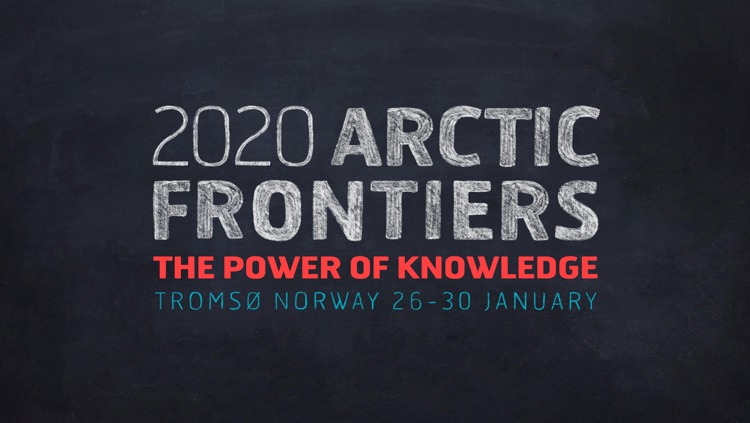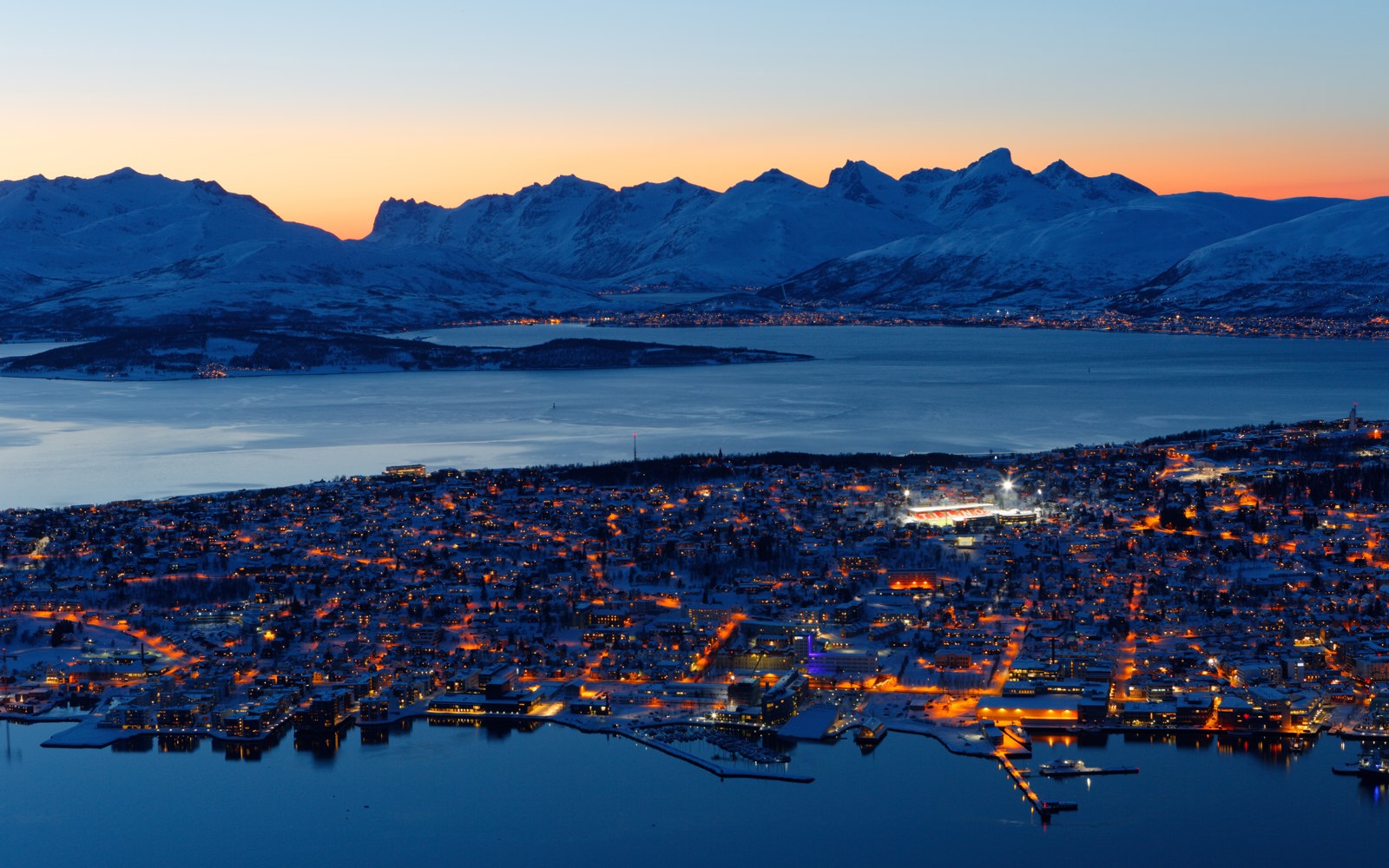The 14th edition of Arctic Frontiers will be a arena for dialogue and communication between science, government and industry, to discuss sustainable development in the arctic region under the theme "Power of Knowledge". The conference has a pan arctic perspective and builds new partnerships across nations, generations and ethnic groups.
KSAT have been a contributing partner to the conference the last 4 years, and this year is no exception.
--
Geir Håøy, the President and CEO of Kongsberg Gruppen ASA will participate as speaker and panellist at the “Plenary Session 2 – Powered by knowledge” on Monday 27.,. The session will take place on the Main Stage, moderated by Stephen Sackur, known from BBC Hardtalk.
KSAT's activities
BOOTH
KSAT will be present with a booth in the foyer of Clarion Hotel The Edge, during the whole conference week. Present at the booth you can meet our KSAT experts ready to talk to you about our Arctic operations and how we deliver fast access to satellite information in remote locations.
How can you get hold of reliable and up-to-date information about the ice conditions when you operate in the dark, harsh and most remote area on the globe with low access to internet or telecom?
Using KSAT, entities operating in the Arctic, get access to up-to-date satellite information from radar satellites for risk analysis and decision-making support, increasing operational efficiency and facilitating safe operations.
SIDE EVENT
From Space to Earth - New space, New business opportunities
(In Scandinavian language)
Hosted by: Troms og Finnmark Fylkeskommune, Norrbottens län, KSAT og Arctic Frontiers
The Scandinavian Arctic is the most developed part of the Arctic region. It is multifaceted and based on specific challenges and rich opportunities. There is particular challenges related to remote locations and sparse populations, cold climate, remote communities and climate changes. However, some of these challenges can be tackled by new space assets and new space infrastructure.
What role can this region take in the further development of the Arctic related to development research and innovation? How can earth observation services contribute to a better understanding and predictability to climate changes, environmental hazards and maritime monitoring? There is a strong tradition of cooperation within the Scandinavian Arctic. How can cooperation within the space industry be further developed, what should be the prioritized areas and what are the new business opportunities?
- Session 1. Business development in the space industry. Moderator: Johanna Bergström Roos, RIT
- Session 2. Development in the regional space industry and future need of competence. Moderator: Ingrid Dahl Skarstein, Innovasjon Norge
Read more about the event here
From the side event you can go directly to the next session where KSAT will talk during a session focusing on the latest developments within satellite monitoring and oilspill detection in the arctic…
PANEL
Disruptive Technologies – Session II – Remote sensing
Satellite Oil Spill Monitoring using multiple sensors
13:30-13:45 | 29.01.2020 | Science
Hugo Isaksen – KSAT, Centre for integrated remote sensing and forecasting for Arctic operations
In Europe, satellite remote sensing is used extensively by organizations such as the European Maritime Safety Agency (EMSA) and Norwegian Clean Seas Association for Operating Companies (NOFO) to detect pollution from petroleum- and shipping activities. Kongsberg Satellite Services AS (KSAT) has been a partner in the Centre for Integrated Remote Sensing and Forecasting for Arctic Operations (CIRFA) since its start in 2014.
This panel is a part of the conference’ Science track on Disruptive Technologies throughout the whole day, with focusing on topics like UAV’s, Airborn, Satellite and remote sensing
--
We wish all participants, organizers and contributors an exciting and successful week in the Arctic!

Header photo by Harry Jaschhof on Unsplash
